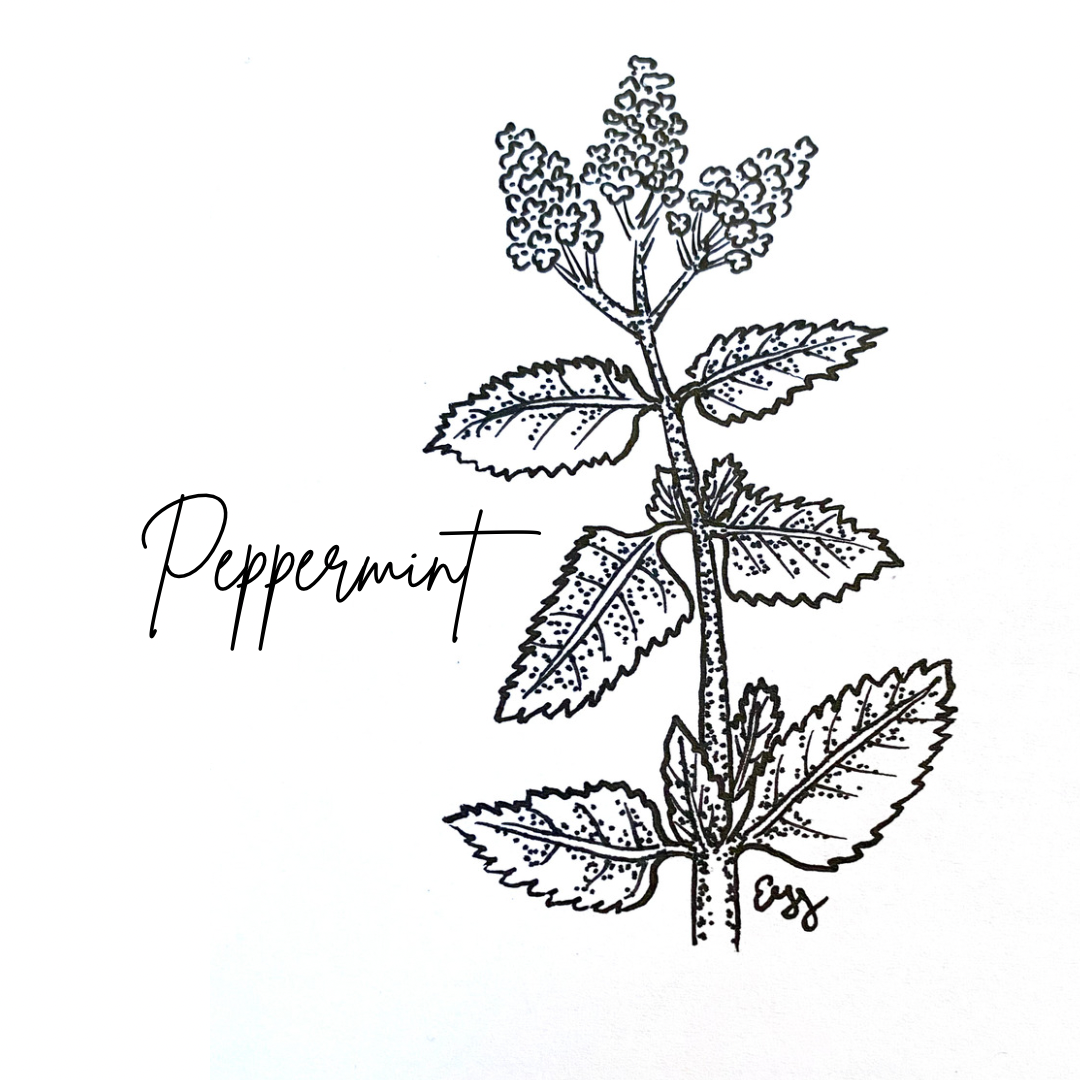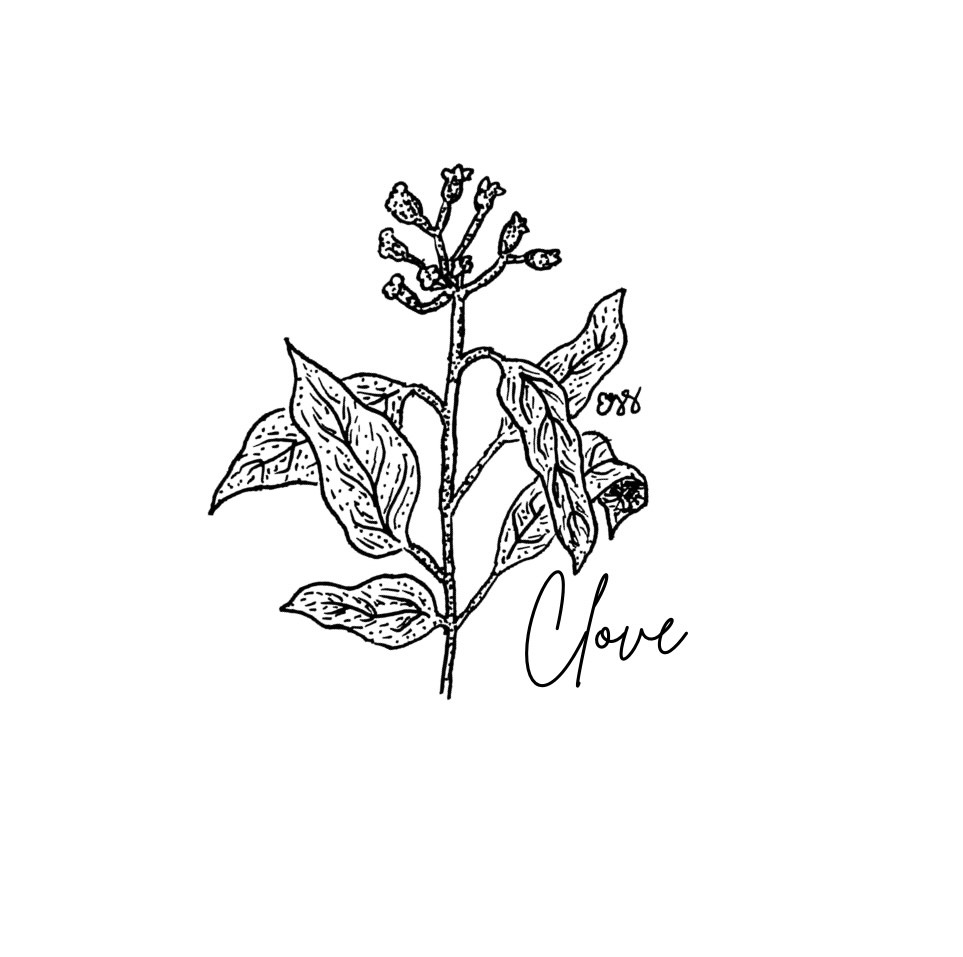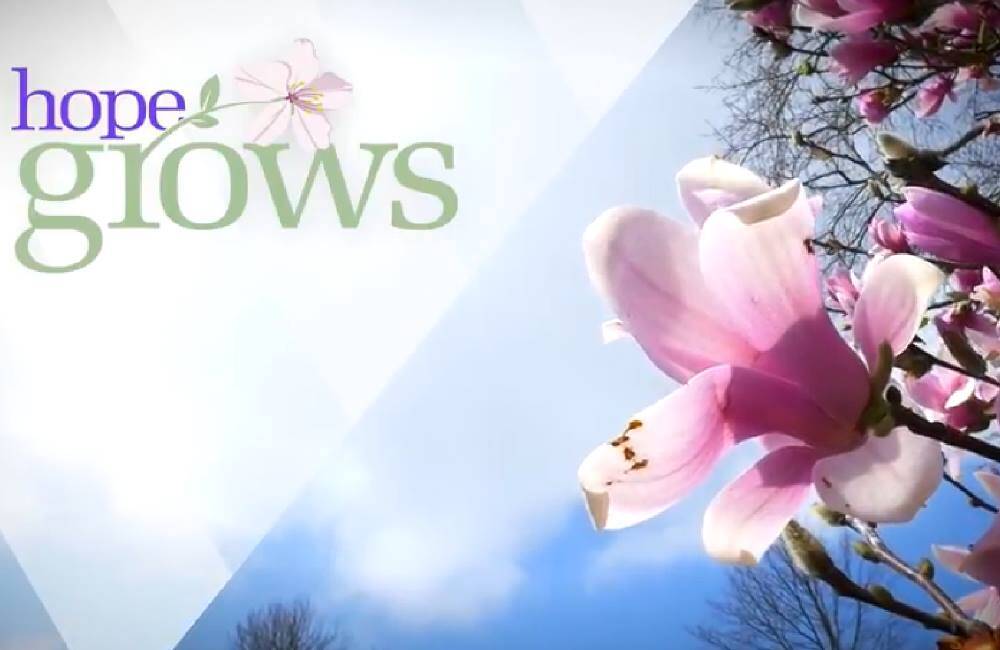Botanical of the Month: December
December Healing Herb: Peppermint (Mentha x piperita)
doterra Essential Oil: Peppermint
Rishi Tea: Moroccan Mint
Does peppermint make you think of candy canes and Christmas? It does for me. In the language of plants, peppermint stands for cordiality and warmth of feeling, sentiments that definitely exemplify the spirit of the holiday season. After researching it though, it has become clear that this easy-to-grow herb goes way beyond holiday cheer. Greek mythology, for example, offers us one of my favorite stories behind the meaning of mint: Two people in a strange town were looking for a place to have a meal and stay for the night. They kept getting doors shut in their face. Finally, an elderly couple took them in. The couple wiped down their table with mint to clean it and perfume the air. The two strangers turned out be Zeus and his son Hermes, who then turned the couple’s home into a temple and made mint a symbol of hospitality. I’d say that story qualifies for some serious warmth of feeling.
Thought to have originated in North Africa and the Mediterranean, peppermint is actually a naturally occurring hybrid of spearmint and water mint. It gained the descriptor “piperita” from the peppery odor that separates it from other members of the mint family. Used in cooking and medicinally for centuries, it is listed in an ancient Egyptian medical text from 1550 B.C. as calming to stomach pains. And today, in 2022 A.D., peppermint tea and oil are still commonly used for relieving digestive discomfort. The essential oil is also used by some to support respiratory health, relieve tension headaches, anxiety and stress, all of which I can personally attest to. Peppermint is found in many toothpastes, gums and breath mints to support oral hygiene, as well as in countless skin care products, often for the refreshing scent, but also to soothe skin irritations.
Menthol, one of the main essential oils found in peppermint, is the star here. It’s responsible for the minty scent and cooling sensation we experience when eating it. Menthol activates the cold sensitive receptors in the nose and mouth, the same receptors activated with the stimulus created by air flow, providing the scientific basis for the entire York Peppermint Pattie ad campaign. It’s menthol’s pain-relieving properties that allow peppermint to calm the digestive tract and soothe the skin. Known as a cough suppressant, menthol is why peppermint oil provides relief for coughs and colds. And, often used as a natural bug repellant, it is the menthol in peppermint that repels some pest insects, including mosquitoes, as well as rodents, making it a favorite of organic gardeners.
Plant folklore says one should sniff fresh peppermint leaves to help with sleep, and put peppermint leaves under the pillow to stimulate prophetic dreams. It recommends rubbing peppermint leaves on walls and furniture to get rid of negative energies. And, my personal favorite, keep a peppermint leaf in your purse or wallet to encourage the inflow of money. Carrying the meaning of warmth of feeling, this is definitely one herb I will be including in more of my Hope Grows bouquets next summer. I don’t think there is one bouquet I’ve cut yet, and I’ve cut quite a few, that did not have that sentiment embedded in it. The peppermint will just make it official. May all of your holiday seasons be safe and embedded with lots of warm feelings!






